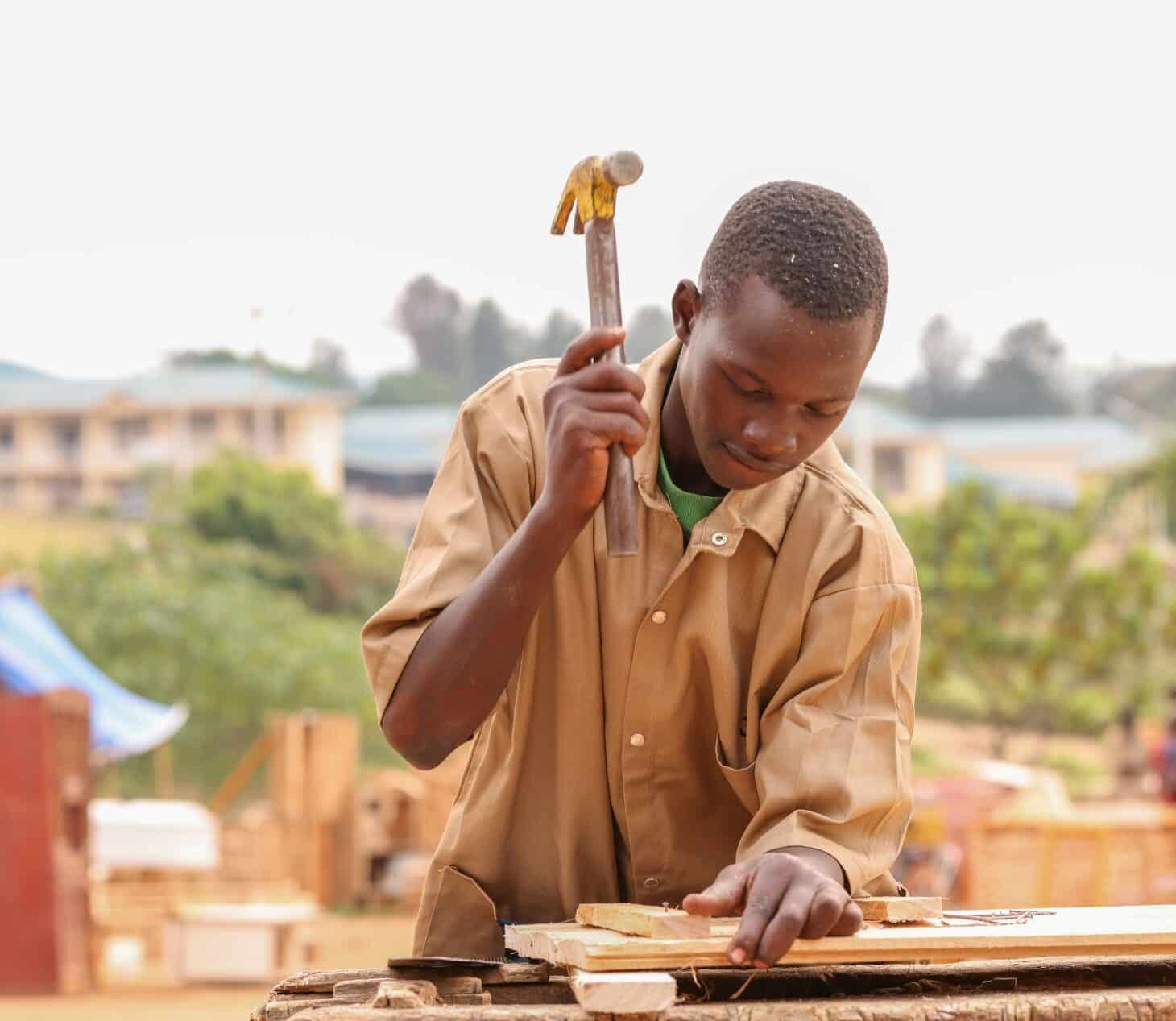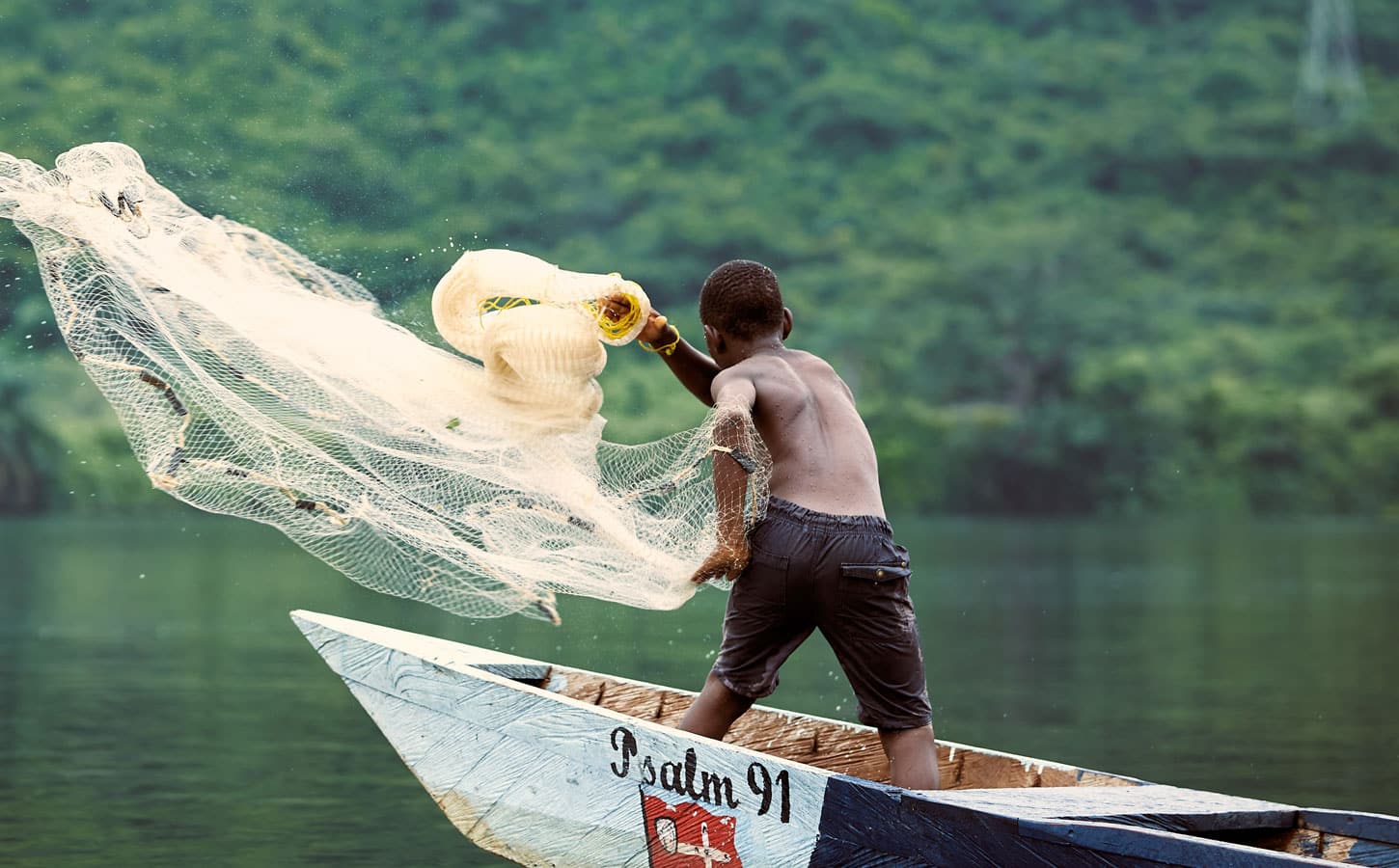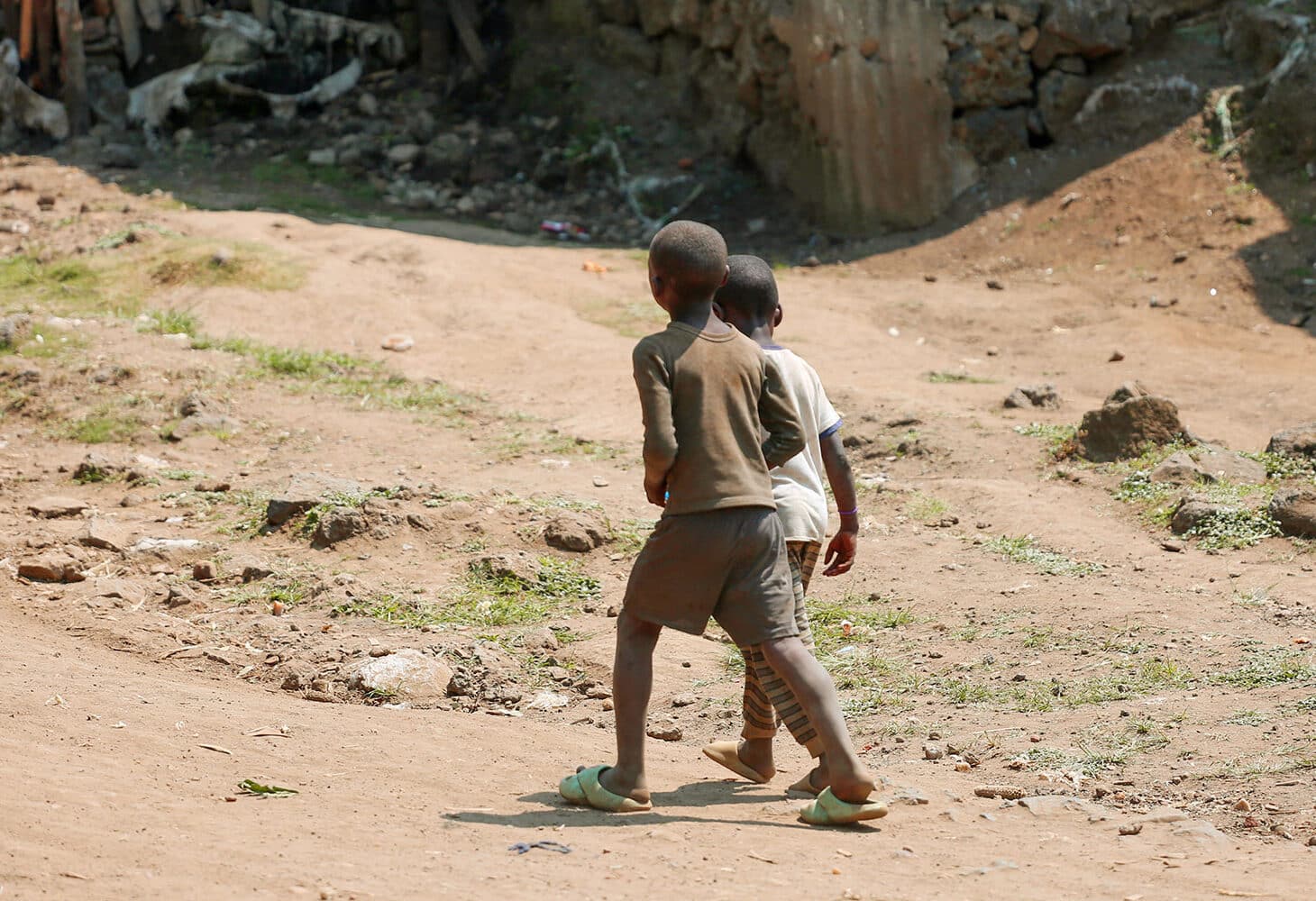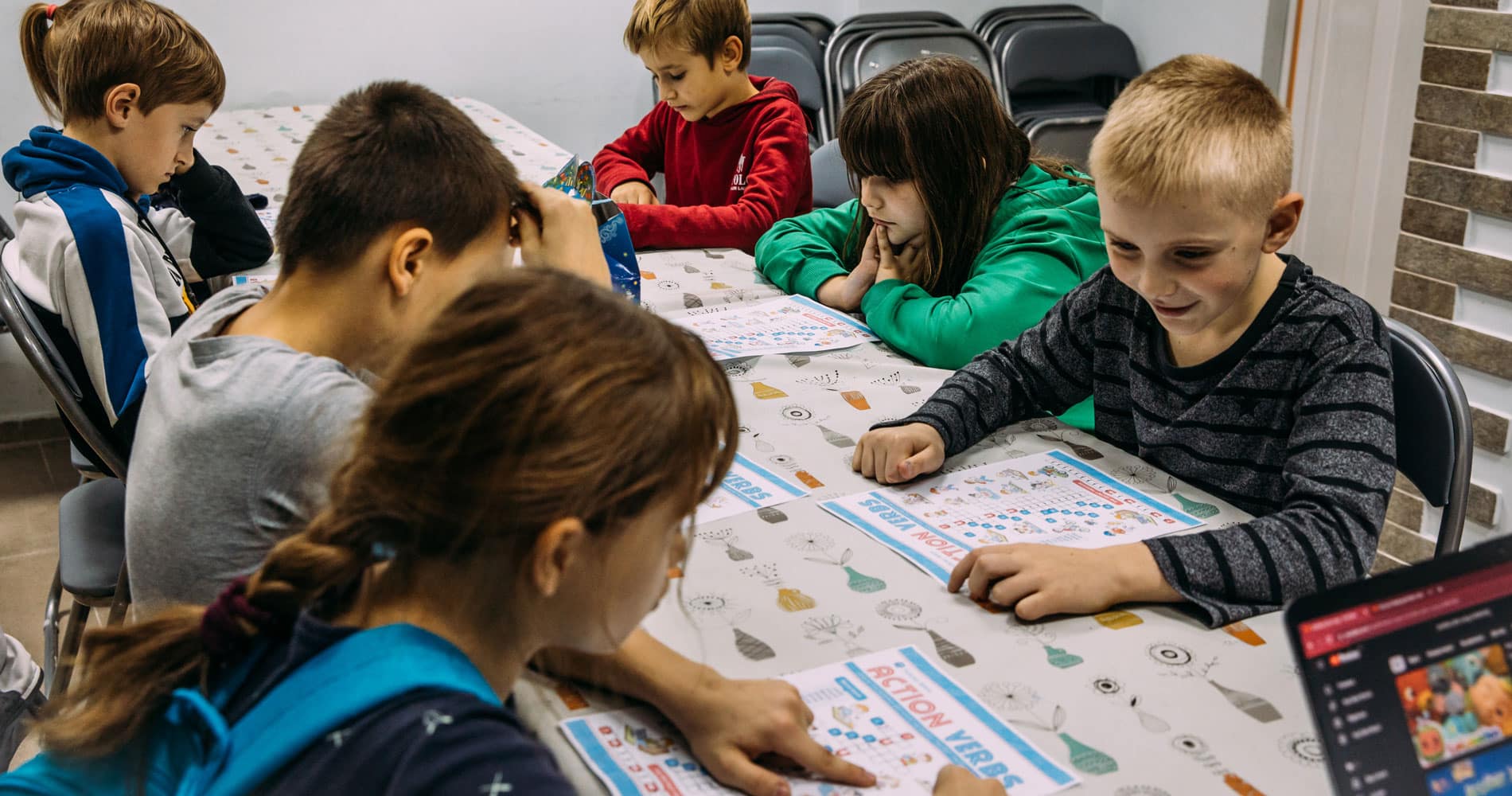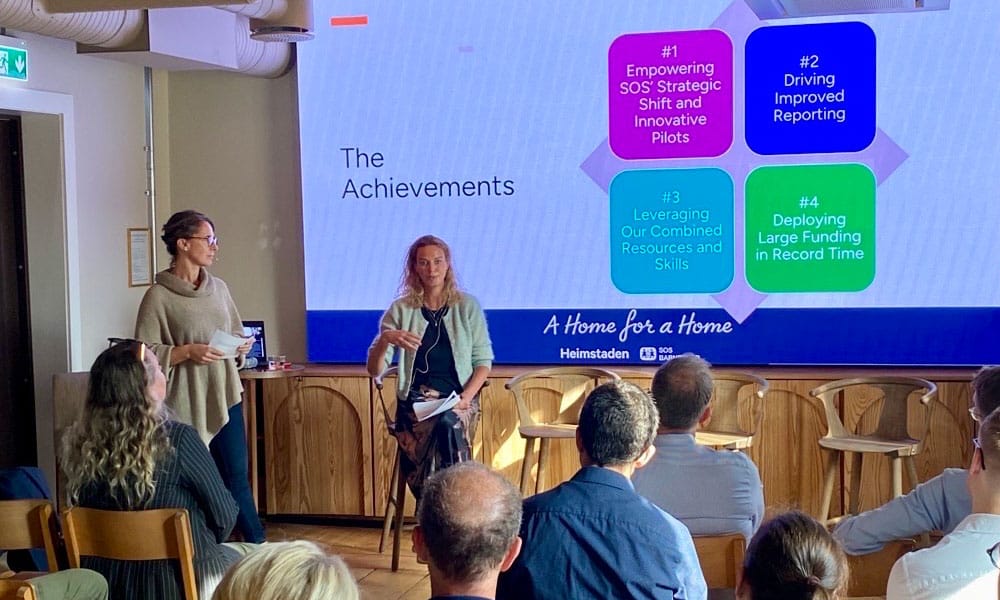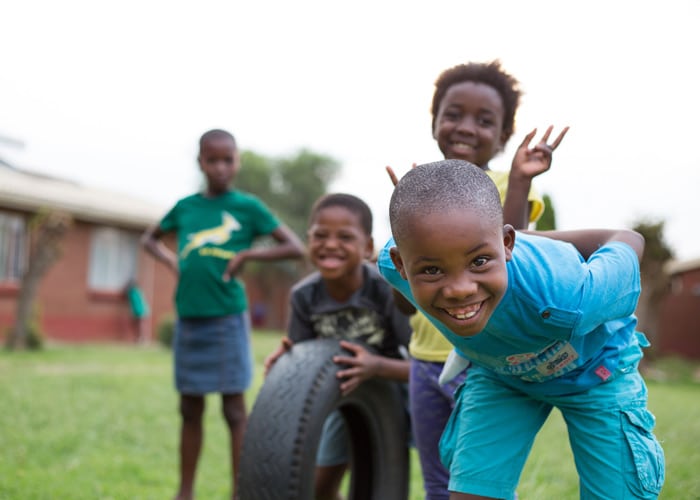
Heimstaden Bostad
I 2021 lanserte Heimstaden Bostad og SOS-barnebyer partnerskapet A Home for a Home. På bare fire år har samarbeidet skapt store endringer for barn og unge som lever i sårbare situasjoner. I tillegg gitt verdifull innsikt og læring for begge parter.
Banebrytende partnerskap skaper nye muligheter
Gjennom innovative prosjekter og aktiviteter får barn, unge og familier verktøy til å bygge seg en trygg fremtid og bli drivkrefter i sine lokalsamfunn. Dette partnerskapet handler om mer enn bare å gi hjelp – det gir mennesker mulighet til å hjelpe seg selv og hverandre.
Ved å forene krefter setter Heimstaden Bostad og SOS-barnebyer en ny standard for samarbeid og skaper betydelig positiv endring.
Langsiktig engasjement
Både Heimstaden Bostad og SOS-barnebyer jobber langsiktig. Heimstaden Bostads visjon er å forenkle og berike livene til beboere og kunder gjennom å tilby omtenksomme bomiljøer, gode og trygge hjem – Friendly Homes. Med mer enn 24 års erfaring bidrar de til å bygge samfunn der mennesker trives og lever i harmoni. Samarbeidet gir barn og familier over hele verden den samme muligheten til trygghet og tilhørighet.
I Heimstaden vet vi at et trygt hjem er grunnlaget for en god fremtid. Vårt partnerskap med SOS-barnebyer gjør det mulig for oss å styrke lokalsamfunn ved å støtte barn og familier i sårbare situasjoner. Sammen kan vi gjøre en konkret forskjell i livene til dem som trenger det mest.»
Helge Krogsbøl, Co-CEO Heimstaden Bostad
Frie midler til lokale initiativ
Et sentralt punkt i samarbeidsavtalen mellom Heimstaden Bostad og SOS-barnebyer var at organisasjonen fikk frie hender til å definere hvor og hvordan pengene best ville komme til nytte og gi mest effekt. Dette har gjort det mulig å støtte lokale initiativ og teste ut nye pilotprosjekter.
Med midlene fra Heimstaden Bostad kunne SOS-barnebyer Norge bidra sterkt til det strategiske skiftet i organisasjonen – fra tradisjonelle barnebyer til økt fokus på forebygging og styrking av familier.
Å få på plass et så omfattende partnerskap på så kort tid, er ganske unikt. Vi har lært ekstremt mye på de første tre årene og håper resultatene vi har oppnådd så langt også kan inspirere andre, sier generalsekretær i SOS-barnebyer, Sissel Aarak.
Sissel Aarak, generalsekretær i SOS-barnebyer Norge
Gjennom partnerskapet har Heimstaden Bostad bidratt til at barn og unge kan fortsette å bo sammen med sin biologiske familie, eller får omsorg i en SOS-fosterfamilie. I tillegg har partnerskapet bidratt til finansiering av nye pilotprogrammer i flere land. For eksempel arbeidet med å forhindre barnearbeid i Ghana, støtte gatebarn i Tanzania og investere i innovative jordbruksteknikker.
Les mer om partnerskapet og resultatene
Har du spørsmål kontakt:

Bibbi Sørvig
Tusen takk for samarbeidet!
Fakta
- Partnerskapet A Home for a Home ble inngått i juli 2021.
- Målet er å gi så mange barn som mulig et trygt hjem og en god start i livet.
- En viktig forutsetning er å skape størst mulig effekt ved å sette en ny standard for partnerskap mellom NGOer og næringsliv.
- Heimstaden Bostad har til nå bidratt med over 400 millioner kroner til arbeidet.
